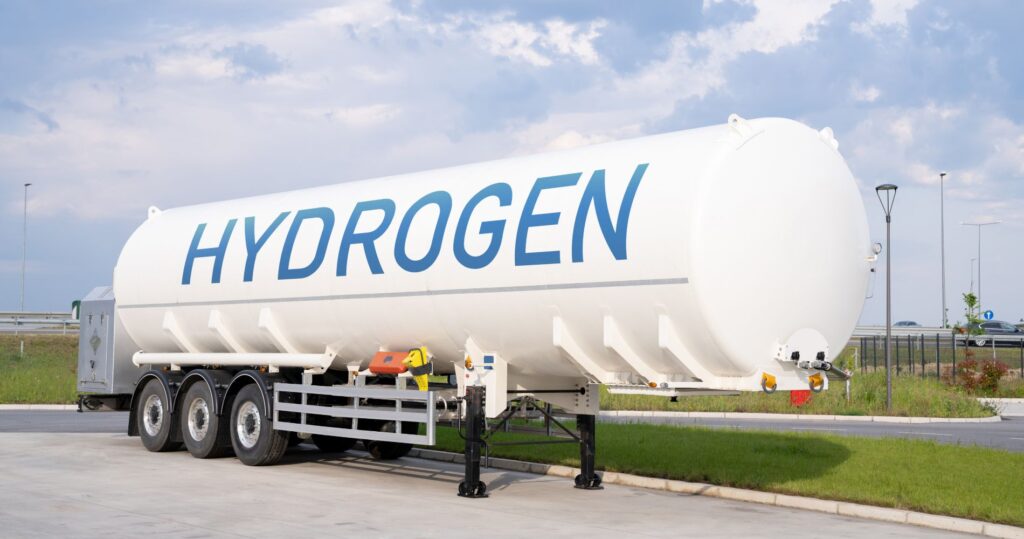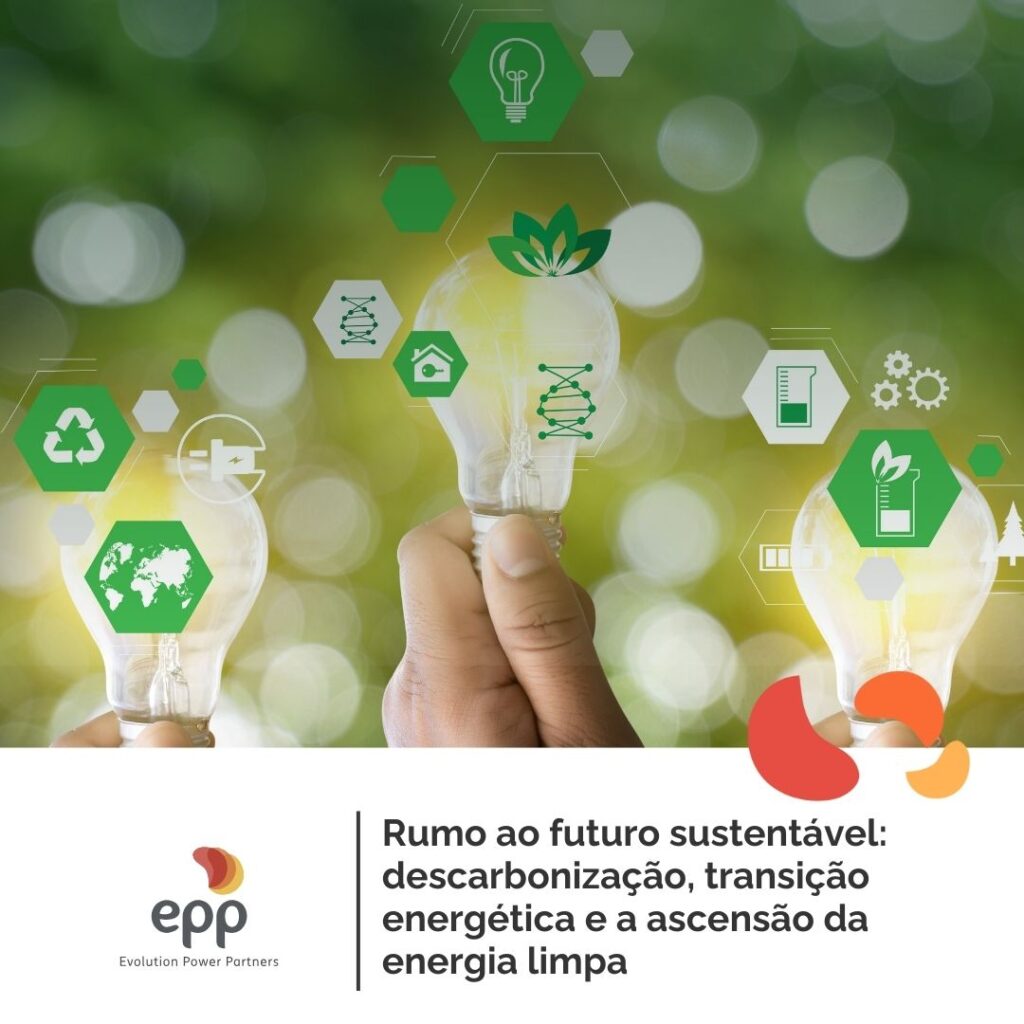With more than 1,700 clean hydrogen projects mapped worldwide and demand projections requiring annual investments exceeding US$1 trillion starting in 2030, according to the International Energy Agency (IEA), the question is no longer whether green hydrogen will become a major commodity, but who will produce and export it.
What is the Energy Transition and What Does Decarbonization of the Economy Mean? The energy transition refers to the process of transforming the global energy system, replacing fossil fuels like oil, coal, and natural gas with renewable and sustainable sources such as solar, wind, and hydroelectric power. This movement is driven by the urgent need […]
In a world increasingly aware of the impacts of climate change, decarbonization, energy transition, and the adoption of clean energy are key concepts. Decarbonization refers to reducing or eliminating carbon dioxide (CO2) emissions in production and energy processes, a necessary step to combat global warming. The energy transition involves shifting from fossil fuel-based energy sources to renewable alternatives, such as solar and wind, which have a much smaller environmental impact. Clean energy, which encompasses these renewable sources, is vital for a sustainable future and is central to global climate policy discussions.









